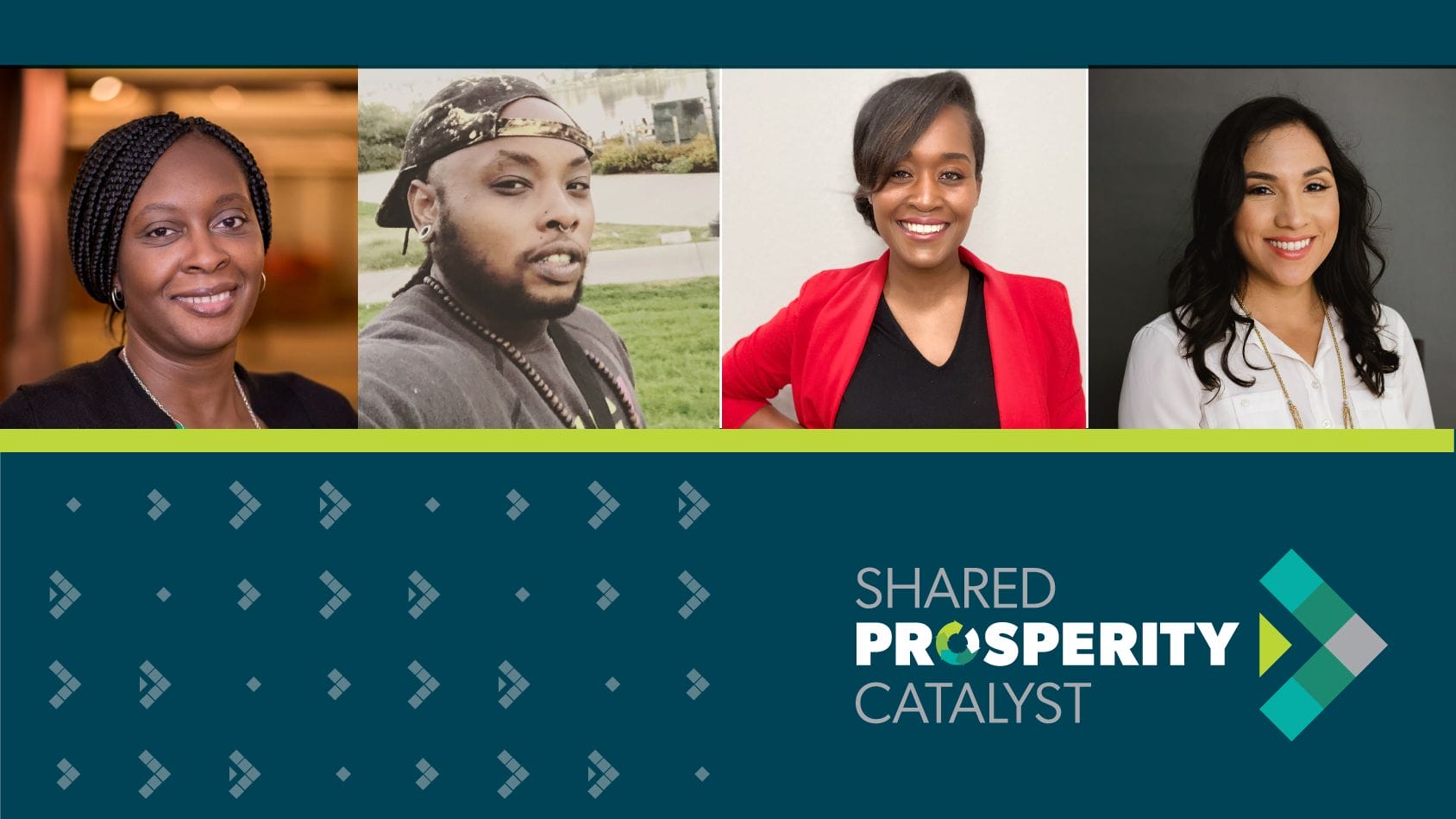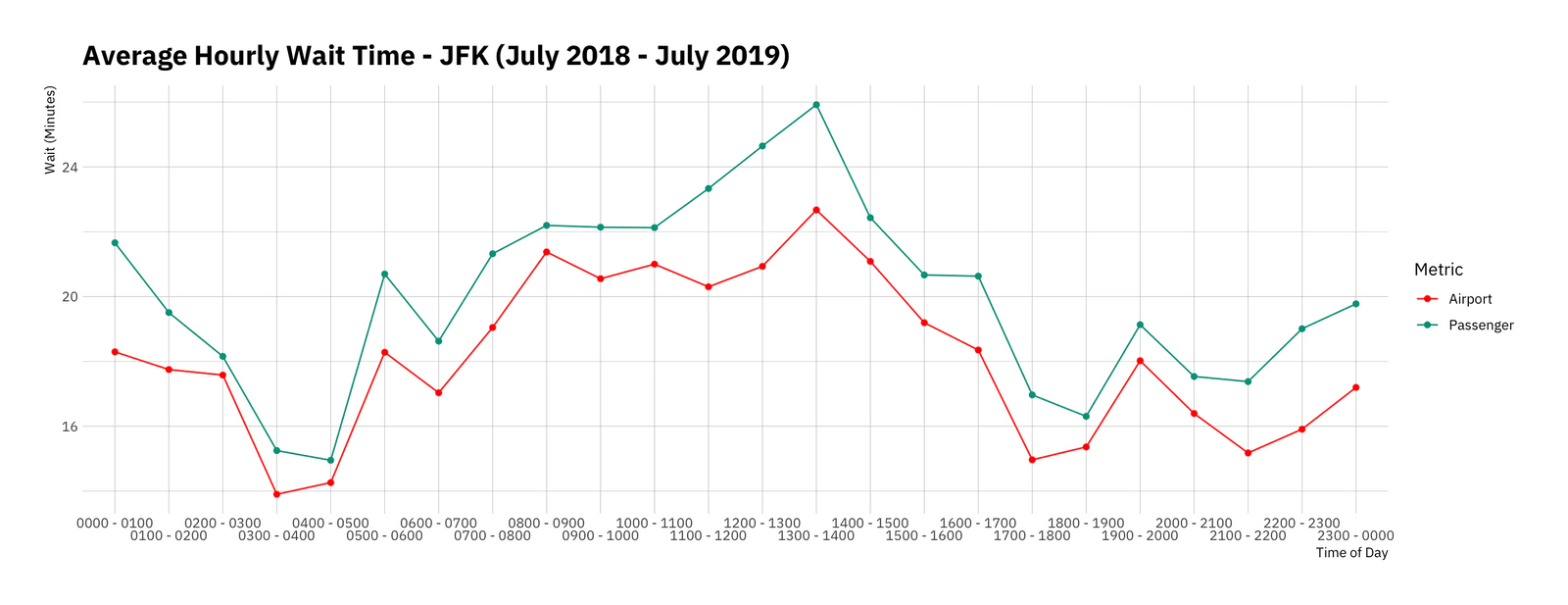
Building Behavioral Science Capacity 60 Minutes at a Time: Better Client Surveys
by Laura Wolff
In recent decades, behavioral scientists around the world have partnered with government agencies and large institutions to enhance program impact and solve pressing societal problems. However, this body of empirical research and its practical applications have not usually been accessible to the multitude of people on the front lines of service delivery, crisis response, and […]











